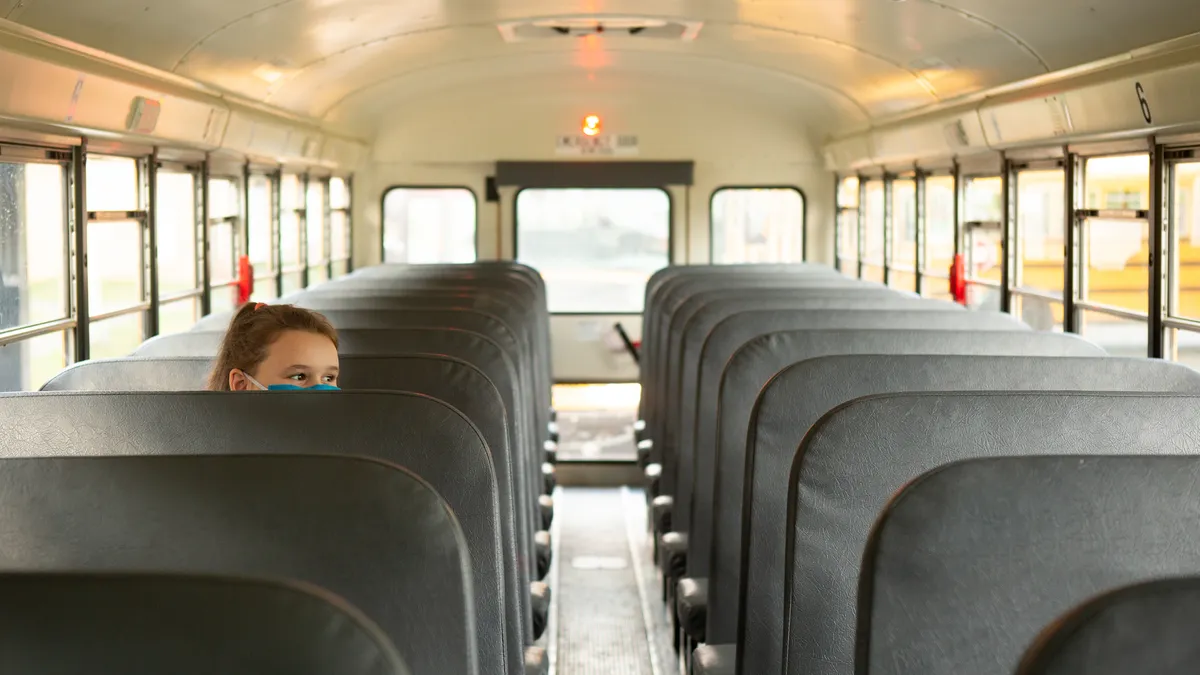Dive Brief:
- Since 2002, Pennsylvania has cut more than $1 billion from Philadelphia's public school funding and closed more than 24 schools. In response, communities of parents, teachers, students and advocates have formed coalitions to commit resources and attention towards improving schools and the system.
- Massive complaints about suspensions, overcrowding and curriculum development have yielded substantive changes in system policy and leadership structure within the system.
- Education leaders responded to the city-wide engagement to boost funding, which advocates hope can be scaled up to meet new challenges with new federal limitations on budgets and school policy.
Dive Insight:
In politics, nothing changes unless communities mobilize to demand specific, attainable goals from policymakers. Philadelphia, through its diverse approaches to school reform and community resource infusion, has changed the conversation about how to generate more attention and response from officials on key issues.
Districts will only be able to survive what is projected to be a difficult period for public schools by empowering teachers and parents to press towards common metrics of student success, investing in mentoring and civic participation in local legislation, and by consistently showing the data of how secondary education drives economy with college attendance and workforce development in technical and blue-collar jobs.






 Dive Awards
Dive Awards







